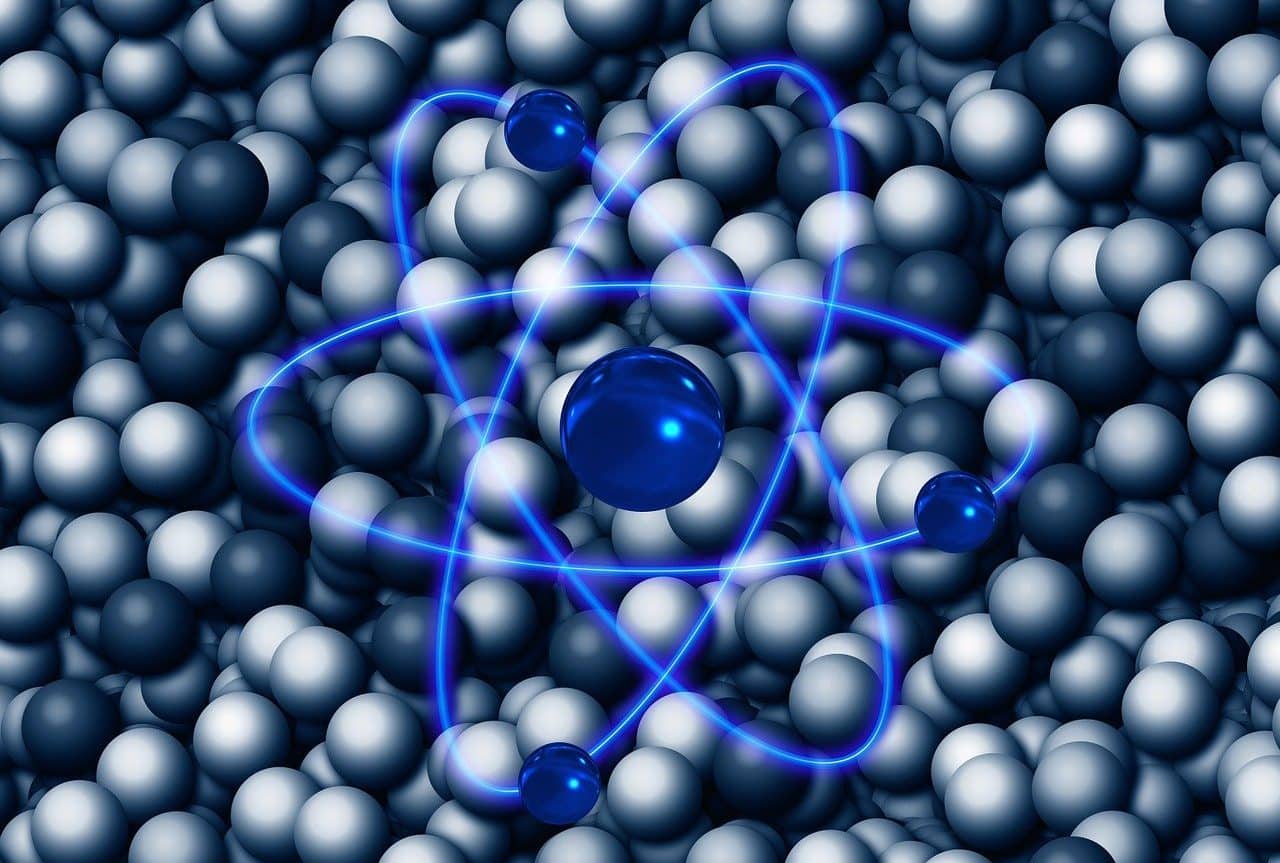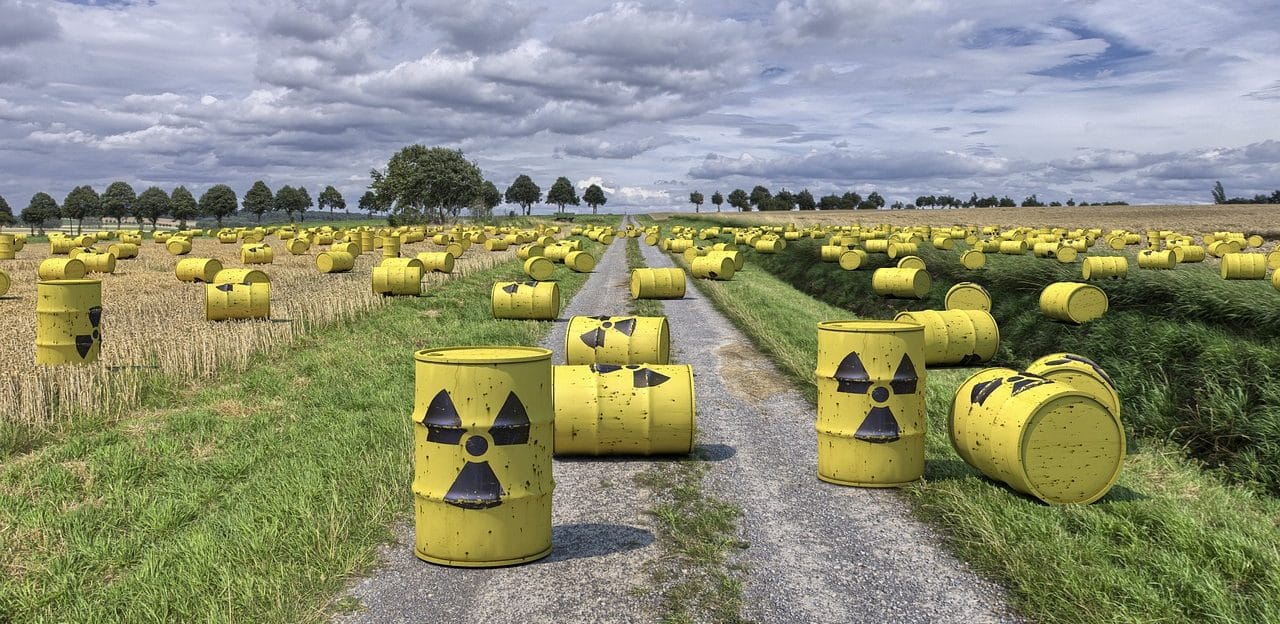
Radioactivity is a physical phenomenon.
Radioactivity is the property of certain bodies equipped with atoms that, when spontaneously disintegrating, generate radiation . This physical phenomenon - also called radioactivity as accepted by the Royal Spanish Academy - makes it possible to print photographic plates, generate fluorescence or ionize gases, among other issues.
It should be noted that radiation can be classified as electromagnetic ( X-rays or gamma rays) or corpuscular . When passing through a medium , radioactivity ionizes it, either directly or indirectly.
An element has radioactivity when its isotopes are not stable and need to lose energy to reach their ground state. This loss of energy occurs with electromagnetic particle emissions, which allows it to modify the energy present in its nucleons or electrons, or vary the isotope.
Discovery of radioactivity
The discovery of radioactivity occurred in the 19th century , more specifically in 1896 as it was when the French physicist Henri Becquerel detected it by chance. And he himself was working on the phenomena of phosphorescence and fluorescence with a mineral that contained uranium , the Pitchblende crystal .
Thus, from that moment on, and by the pure chance that one sunny day he discovered that the photographic plate with which he was operating, along with the aforementioned uranium, was veiled even though it had not received the sun's rays, it was how he understood that this mentioned crystal had radiation.
This scientist was the pioneer but it would nevertheless be the great Polish physicist and chemist Marie Curie who would establish the term radioactivity. Specifically, based on the study of the aforementioned Becquerel , she and her husband developed numerous studies and discovered, for example, the radioactivity of thorium.
But that was only the starting point because from there they continued working and found other chemical elements that also shared this quality. This would be the case of radium or polonium. A latter element that curiously received its name in honor of Marie 's homeland.
The result of all this was not only the discovery of radioactivity but also the obtaining of this woman, together with her husband and Becquerel , the Nobel Prize in Physics in 1903 .

Radioactivity poses a risk to human health.
Health risks
A distinction can be made between natural radioactivity (that manifested by isotopes found in nature) or artificial (induced through artificial alterations). It should be noted that human beings use radioactivity to generate nuclear energy or to perform various diagnoses and therapies in medicine .
Radioactivity, whose unit of measurement in the International System is the becquerel , implies risks for human health . These risks, however, are highly variable and depend on the intensity of radiation, the duration of exposure, and the type of tissue affected.
That is why radiation of natural origin that arises from the environment is considered not harmful, as long as it remains below a certain level. In order not to exceed this limit, the person must control the exposure time to the radiation source and have some type of shielding.
